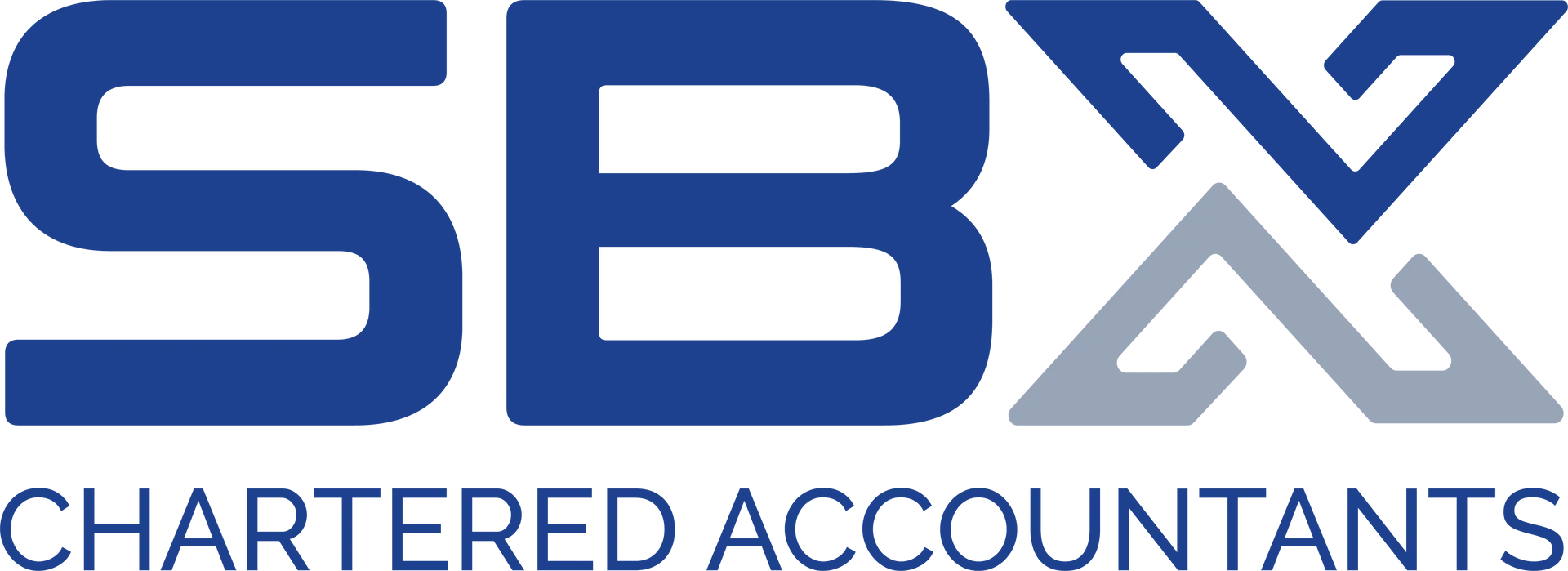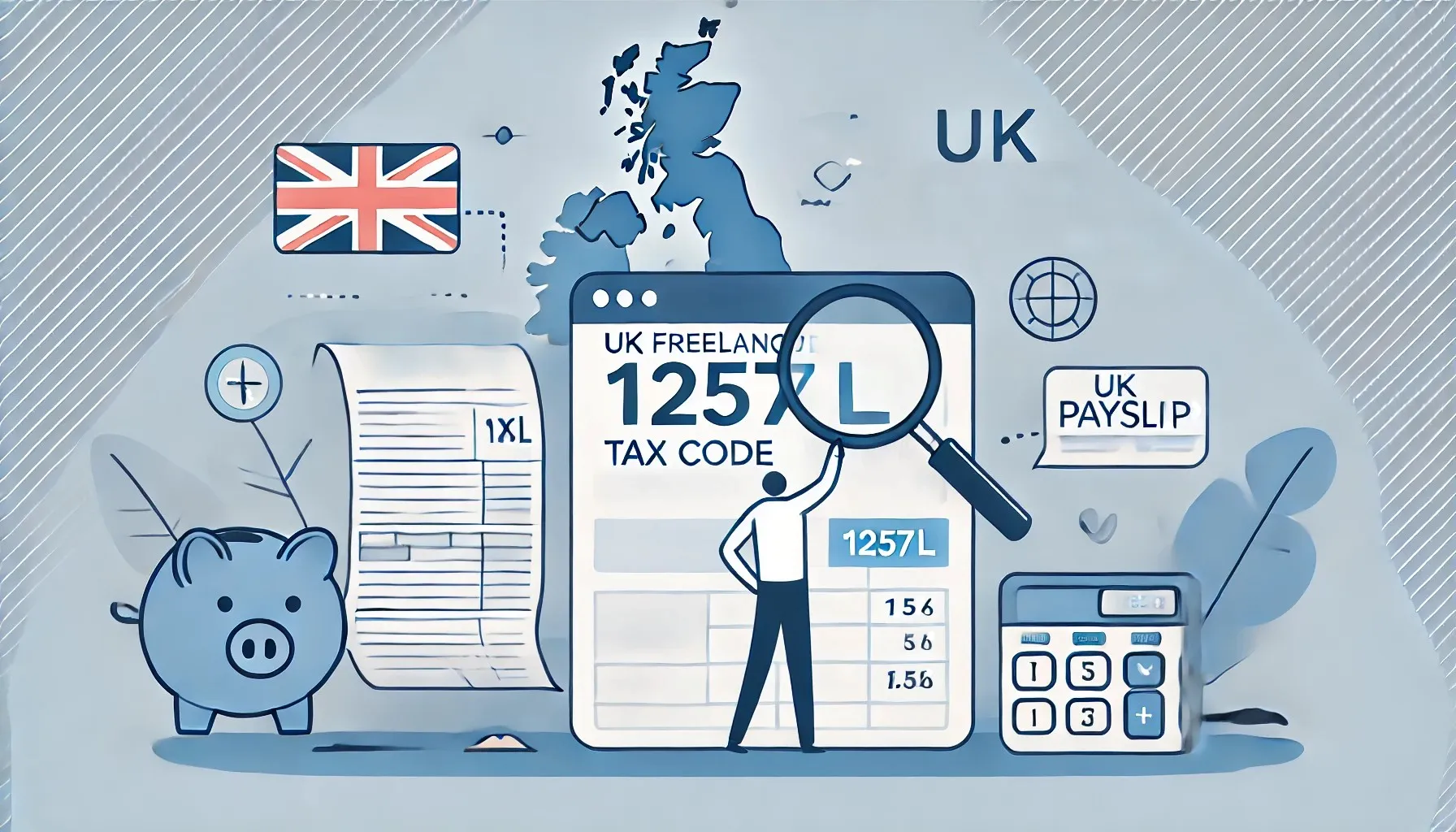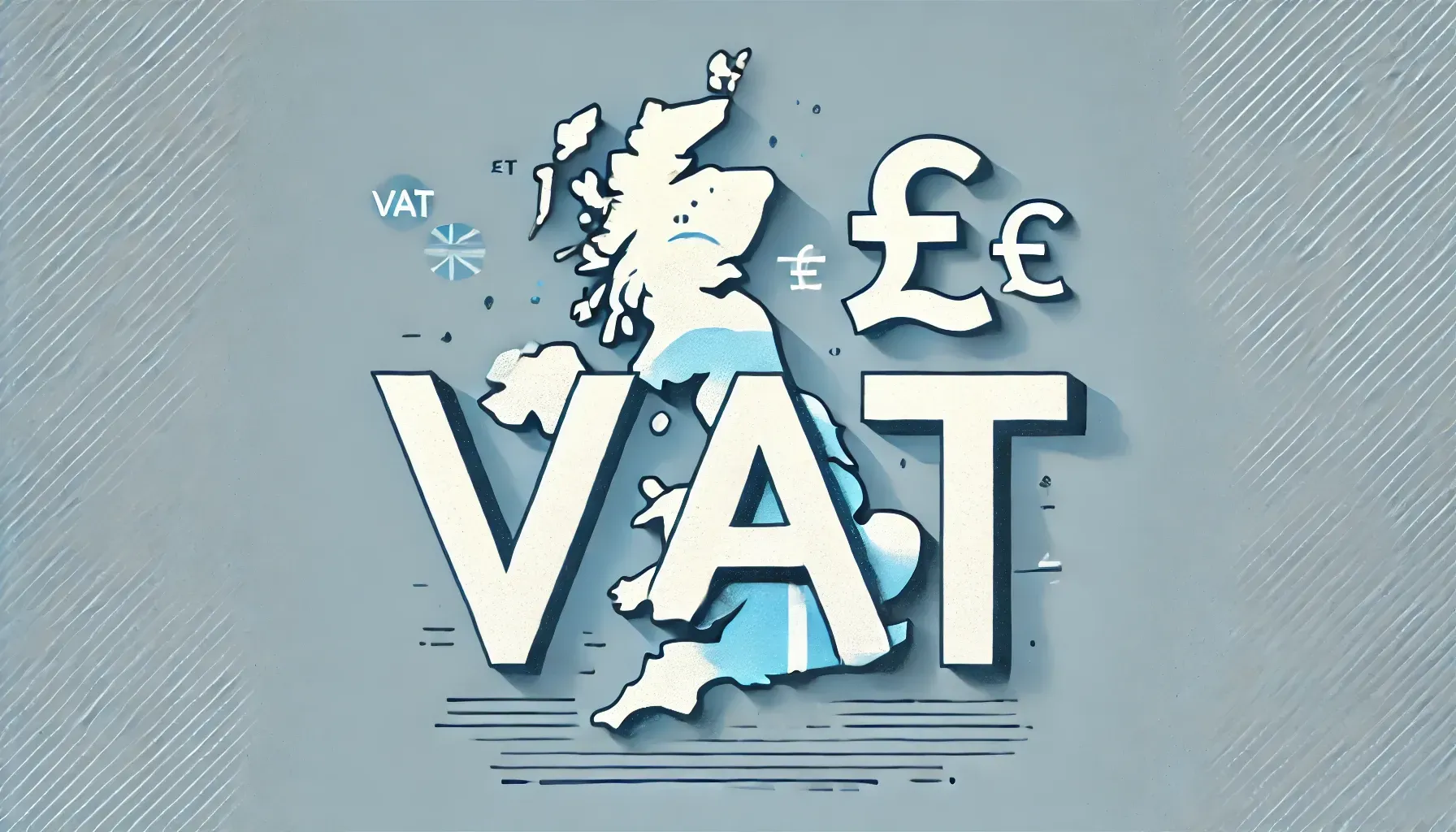Maximise Your Tax Relief with SBX: What You Can (Legally) Claim Back
- 30 May 2025

Smart, Legal Ways to Cut Your Tax Bill – Explained by SBX Accountants
Paying tax is part of doing business, but that doesn’t mean you should pay more than you need to. By making full use of available reliefs and allowances, you can significantly reduce your tax bill and free up cash to reinvest, save, or enjoy.
At SBX Accountants, we simplify the complex. Here’s a clear guide to what tax relief actually is and the key claims worth knowing about.
What Is Tax Relief?
Tax relief is a legitimate way to reduce your tax bill. It allows you to pay less tax by:
- Claiming certain business costs
- Making qualifying investments
- Using HMRC-approved incentive schemes
⚠️ Important: Tax relief is not tax avoidance. These are government-backed incentives designed to encourage business growth and innovation.
Claiming Allowable Business Expenses
How It Works
You don’t get a refund; instead, your allowable expenses reduce your taxable profit, lowering your tax bill.
Common Allowable Expenses
- Business travel (trains, taxis, fuel for business use)
- Rent and utilities for office/workspace
- Staff wages or subcontractor costs
- Protective gear or work uniforms
- Marketing, ads, and social media spend
- Training and CPD
- Stock or goods for resale
- Professional fees (legal, accounting, software)
If a cost is wholly and exclusively for business use, it’s usually deductible. ✅ SBX can help you check what qualifies.
Business Asset Disposal Relief (BADR)
Formerly known as Entrepreneurs’ Relief, BADR allows qualifying individuals to pay just 14% Capital Gains Tax on the sale of:
- A business
- Shares in a business
- Business assets during closure
✅ Thinking about selling or restructuring? SBX will assess whether you qualify and guide you through.
Capital Allowances
Applies to large business purchases like equipment, machinery, tools, and company vehicles.
Relief Options Include:
- Annual Investment Allowance (AIA): Claim 100% relief in the year of purchase (up to £1M)
- Writing Down Allowances: Spread relief over multiple years
- Full Expensing: Available for certain new plant/machinery
👉 Always get advice before making major purchases to maximise relief.
Creative Industry Tax Reliefs
If you run a limited company in the creative sector, you may be eligible for:
- Animation Tax Relief (ATR)
- Children’s TV Tax Relief (CTR)
- Film Tax Relief (FTR)
- High-End TV Relief (HTR)
- Video Games Tax Relief (VGTR)
These offer significant Corporation Tax savings.
📩 SBX can guide you through the process if your business is eligible.
National Insurance Relief for Employers
Employers may be entitled to:
- Employment Allowance – Up to £10,500 per year (2025/26)
- NI relief for military veterans (first 12 months of employment)
- Freeport NI savings (if based in Freeport areas)
✅ Great for reducing overall payroll costs.
Patent Box Scheme
If your company owns a qualifying UK or EU patent, you could:
- Pay just 10% Corporation Tax on profits from patented products or processes
There are technical and reporting requirements, but savings can be substantial. SBX can advise.
R&D Tax Relief
Even if you’re not in science or tech, you may still qualify.
Who Can Claim?
- UK limited companies in any sector
- Projects that involve technical or scientific uncertainty
- You can still claim even if the project fails
✅ SBX can assess your eligibility and submit your R&D claim from start to finish
Small Business Rate Relief (SBRR)
Own or rent a non-domestic property like an office or shop?
You may qualify if:
- Your property’s rateable value is under £15,000
- You only occupy one business premises
How Much Can You Save?
- Up to £12,000 RV: 100% relief (pay £0)
- £12,001–£15,000 RV: Tapered relief
SBX can check your entitlement and guide your claim.
Need Help Claiming What You’re Entitled To?
Whether you’re a sole trader, limited company, or just starting up, knowing what reliefs apply can save you thousands.
✅ SBX Accountants helps you:
- Identify all eligible tax reliefs
- Ensure correct VAT and expense treatment
- Reduce your Corporation Tax and personal tax bills
- Stay compliant with HMRC and MTD rules
📞 Get in touch today and make sure you’re not leaving money on the table.





